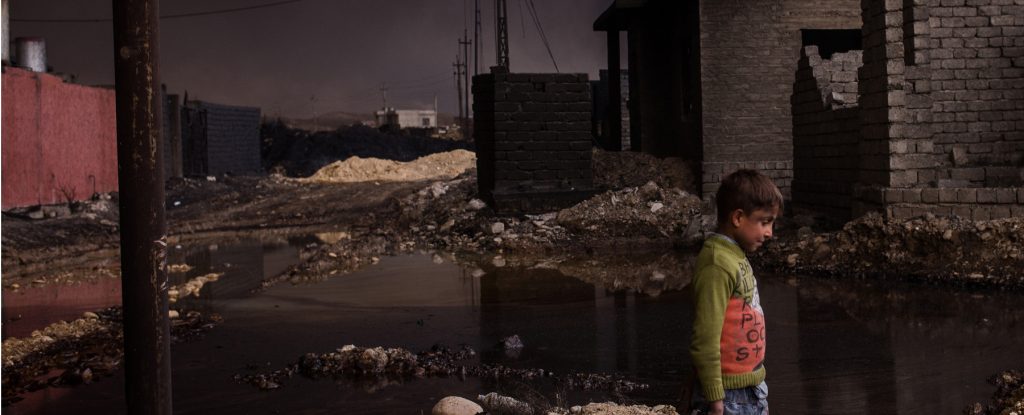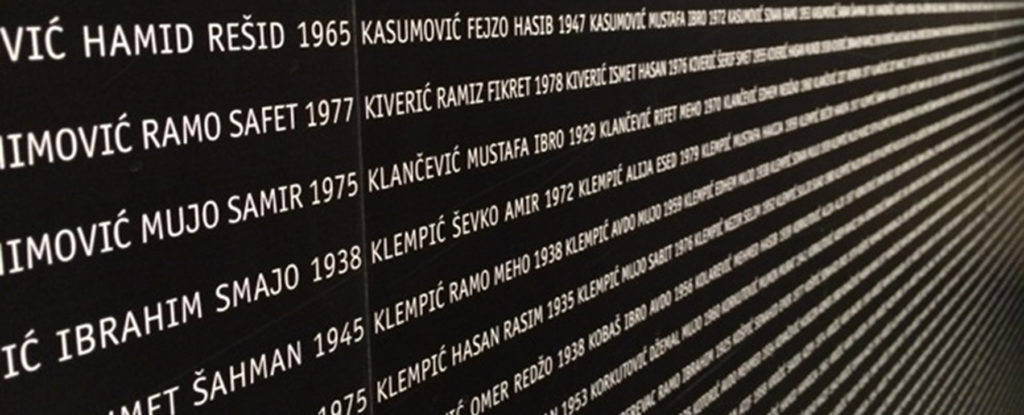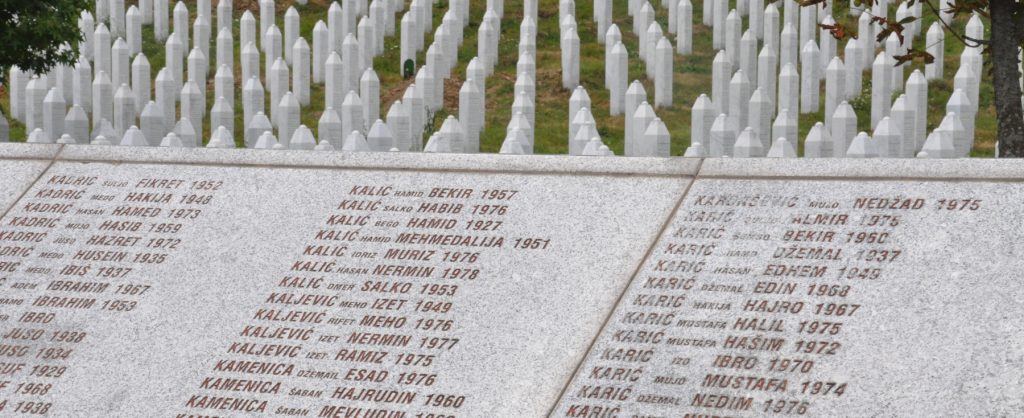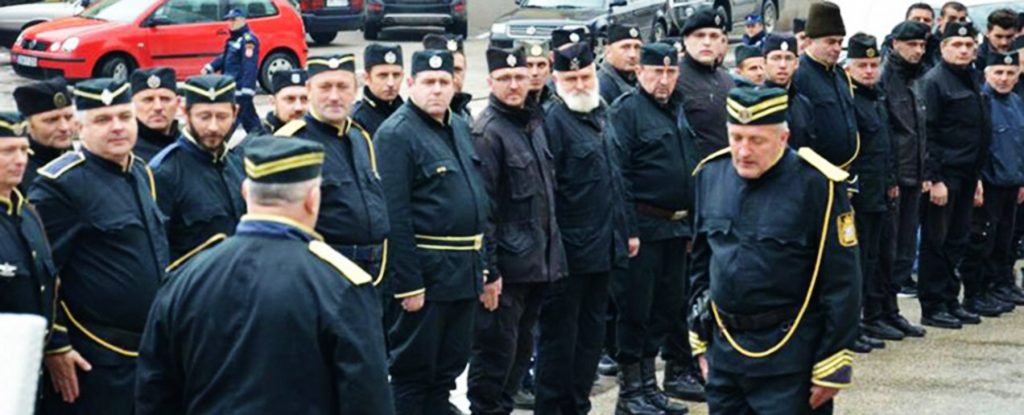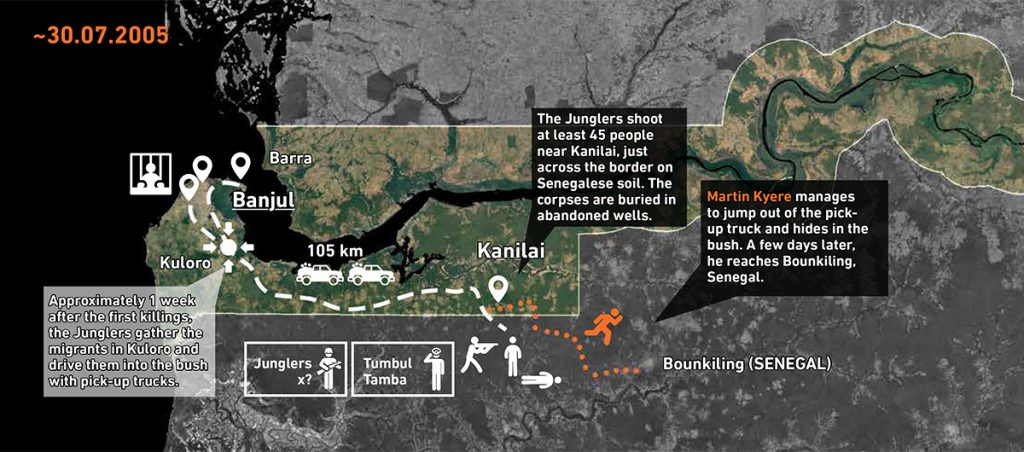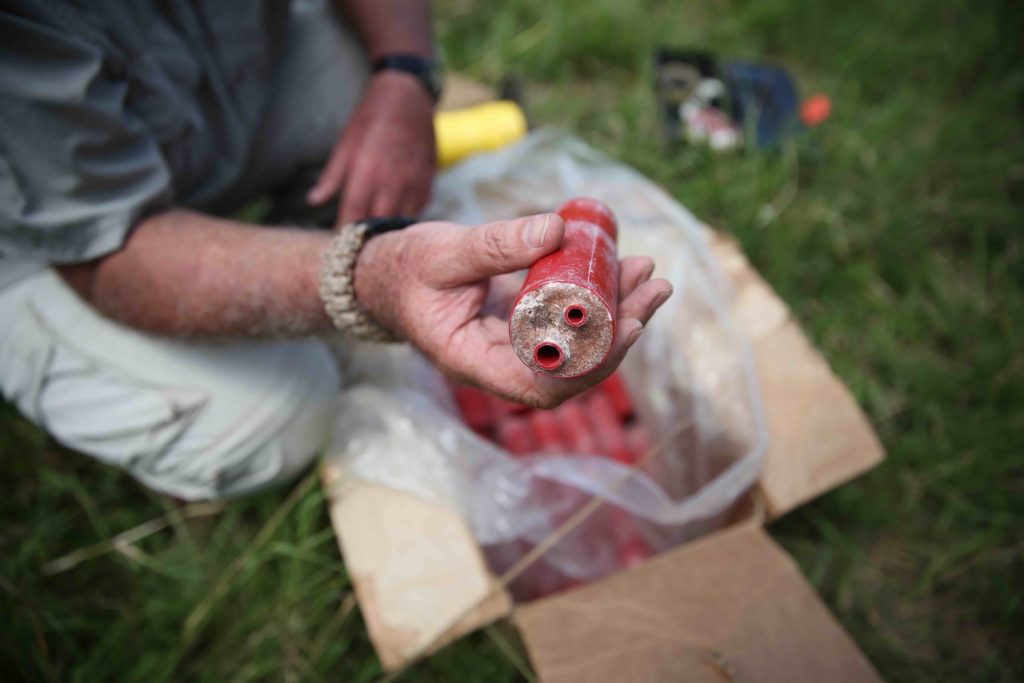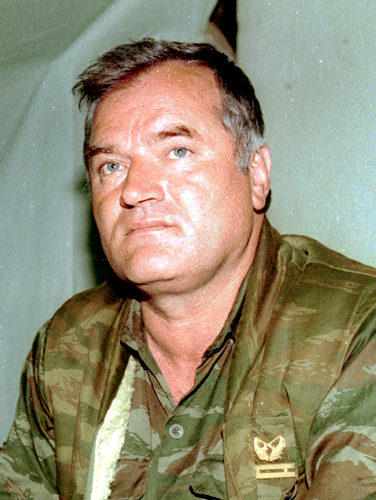Will Mladić’s conviction be enough to silence denial in BiH?
While Ratko Mladić’s sentence to life imprisonment has just been confirmed, revisionist and genocide denial discourse is on the rise in Bosnia and Herzegovina. As a sign of the strength of these opinions, a mural glorifying the former military officer – who was convicted in 2017 of genocide, war crimes and crimes against humanity – appeared in March in Foča. A network of 217 civil society organisations is calling on the institutions to remove the mural and to take sanctions against its authors. This gesture is all the more symbolic at a time when The Hague has confirmed the conviction of the “butcher of the Balkans” on appeal.
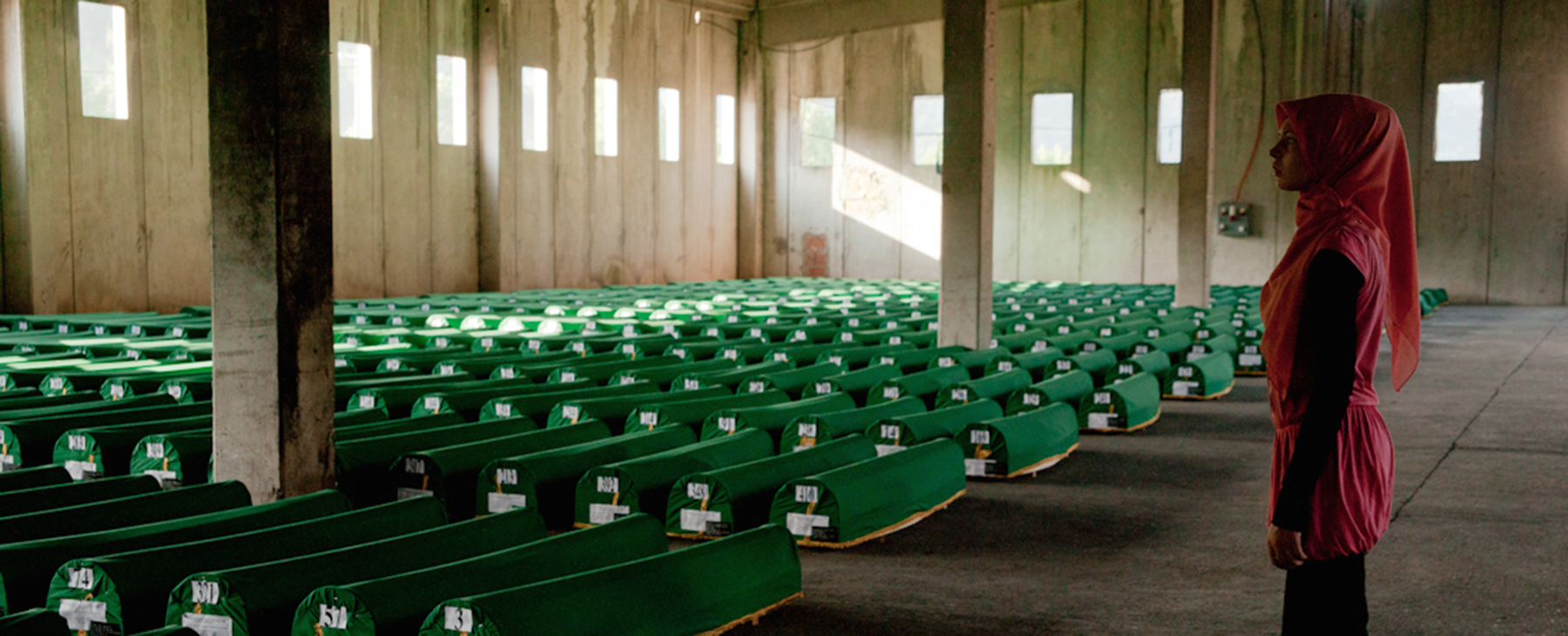
The story seems to be repeating endlessly. A massive mural glorifying the leader of the Army of the Republika Srpska, colonel-general Ratko Mladić, had appeared in the town of Foča last spring. This is yet another example of revisionism and denial of the crimes that took place during the 1992-1995 war in Bosnia and Herzegovina (BiH). Crimes that were nonetheless recognised by international bodies. As a reminder, the International Criminal Tribunal for the former Yugoslavia had indeed sentenced Ratko Mladić to life imprisonment for genocide of Bosniaks from Srebrenica, crimes against humanity and war crimes in 2017. This decision has just been confirmed by a UN Court on 8 June 2021.
“Now that Ratko Mladić’s conviction is confirmed, nobody can ignore or deny the crimes he committed any longer”, said Selma Korjenić, Head of TRIAL International’s program in BiH. “It is time for the authorities in our country to ban denialist speeches and glorification of war criminals, even more so when these have been tried and sentenced. But also to punish those expressing such heinous opinions which undermine the public debate in Bosnia and Herzegovina.”
In a press release, the Network for Building Peace (a group of 217 organisations and schools in BiH) expressed deep concern about the increasing number of acts of historical revisionism and denial of facts established by the courts. Wall paintings of convicted war criminals are an example of the trivialisation of these themes in the public debate. They are part of everyday life and are not sanctioned, neither legally nor morally. Moreover, they are not condemned by the authorities.
Victims of war crimes, as well as the returnee population, are the most affected by these shameful acts, as they have been humiliated for 25 years and have been betrayed and re-traumatised many times. TRIAL International and the Network for Building Peace call on all relevant institutions to prevent such acts, as well as to take the necessary steps to remove these murals and other inscriptions, and to punish those responsible.
During talks on BiH’s accession to the European Union (EU), the latter had explicitly stated that there is no place in the EU for countries that deny war crimes. It also stated that revisionism and denial of such crimes are contrary to fundamental European values. TRIAL International therefore calls on the representatives of the international community in BiH to take concrete and decisive steps to support the fight against this problem. “The authorities in Bosnia and Herzegovina have a decisive move to make”, analyses Selma Korjenić, “by engaging against hate speech, they have the opportunity to take a step both in favour of the victims of the war, and of EU membership.”


